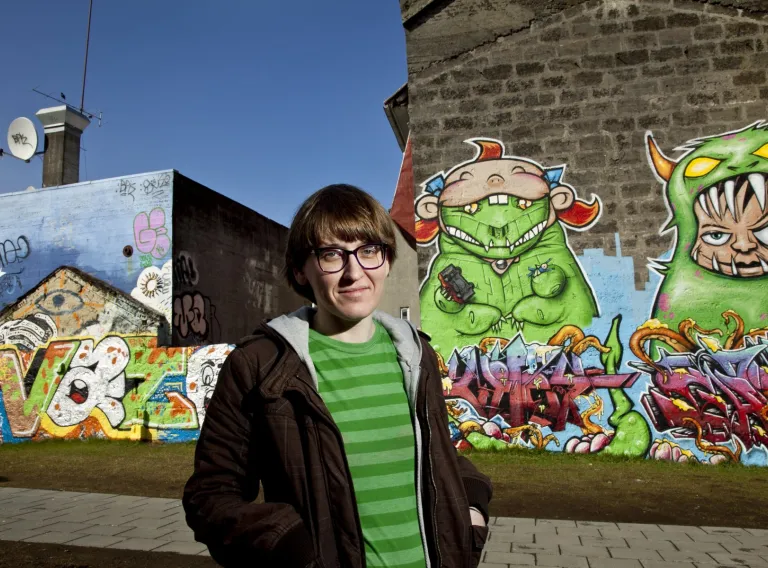
Íris Ellenberger, Assistant Professor at the Faculty of Subject Teacher Education
Migration has always had an impact on societies, not least today as we face the largest waves of migration since the end of WWII in 1945. A steady stream of refugees from the war zones in the Middle East are a major factor in this development. A large number risk everything attempting to cross the Mediterranean in a variety of vessels in hopes of a better life in Europe. Scientists predict increased migration in the near future due to climate change and associated shortages of food and water.
Iceland has changed visibly in the last two decades due to immigration from Eastern-Europe, especially Poland. However, migration and its influence is by no means a new phenomenon, as historian Íris Ellenberger has discovered in her research.
Mobility of people
“My study concerns the influence of the mobility of people on local culture and Icelandic social structures in the years 1890-1920. I focus on Reykjavík, where two different streams of migration, domestic and international merged. Their interaction contributed to making Reykjavík the city it became. How this came about is also part of the study,” says Íris who is currently an Assistant Professor at the University of Iceland. She completed her Doctorate in History from the University in 2013. She is currently working on historical research, including the study of gender in Iceland, and the history of mobility focusing on communication, struggles and the mingling of different cultural elements in Icelandic urban areas. Íris has been noted for her writing; she is a regular contributor to the online magazine for the humanities in Iceland, Hugrás; she has published a number of books, and written numerous articles on her research.



